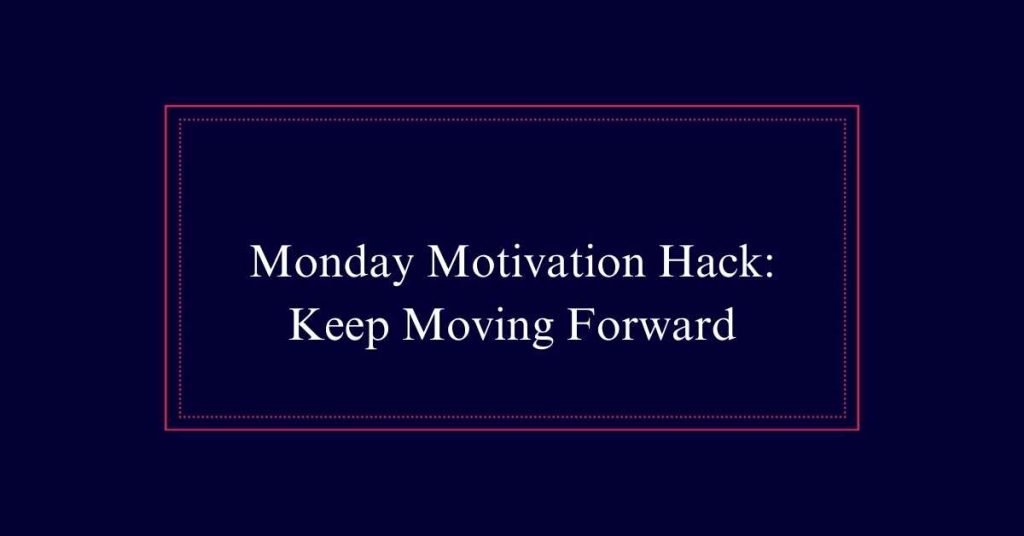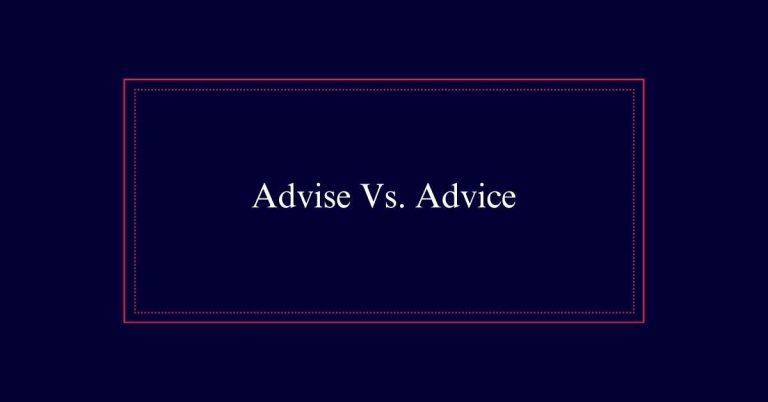Monday Motivation Hack: Keep Moving Forward
Start your week strong with a simple Monday motivation hack: keep moving forward. Notice patterns and trends in your day. Recognize and question any repetitive, unproductive thoughts. Adopting mindfulness practices helps to stay present and reduces stress. Focus on identifying and categorizing negative thoughts to prevent them from impacting your mindset. Regular self-assessment can help you understand your strengths and areas for improvement.
Embrace self-compassion and practice positive self-talk to maintain a forward-moving attitude. Developing these habits will not only boost your Monday motivation but will also promote continuous personal growth and positive change.
Benefits of Noticing
Noticing one’s thoughts and behaviors offers significant advantages over ruminating on them. When you notice, you identify patterns and trends. This awareness allows you to address issues effectively. Instead of feeling stuck, you gain insights and can make positive changes.
Noticing helps you develop better habits based on your observations. This leads to self-improvement and progress. Unlike rumination, which often keeps you in a cycle of negativity, noticing promotes constructive self-reflection. It turns your attention to actionable steps.
This shift from passive worry to active awareness is important. It empowers you to make informed decisions. Therefore, noticing is a proactive approach that fosters growth and well-being.
Overcoming Rumination
Overcoming rumination begins with recognizing when your thoughts become repetitive and unproductive. Awareness is essential; notice when your mind keeps circling the same issues. Once identified, question the usefulness of these thoughts. Are they helping you? Likely, they are not. Shift your focus to more constructive activities.
Engage in mindfulness practices to stay present. This helps break the cycle of negative thinking. Evaluate your tendencies without self-criticism. Understand that everyone ruminates at times. The key is to identify it early and take action.
Practice self-compassion. Be kind to yourself as you navigate through these thoughts. Overcoming rumination is a step towards personal growth and progress. Stay committed to moving forward.
Recognizing Negative Thoughts
Recognizing negative thoughts is essential for breaking free from the cycle of rumination. By identifying these thoughts early, you can prevent them from taking root and affecting your mindset. It helps to categorize your thoughts and understand their impact. This awareness can guide you in addressing issues more effectively.
| Thought Type | Description | Impact |
|---|---|---|
| Self-Critical | Negative self-evaluation | Reduces self-esteem |
| Catastrophic | Expecting the worst-case scenario | Increases anxiety |
| Overgeneralizing | Seeing a single event as a pattern | Leads to a pessimistic outlook |
| Blaming | Assigning fault to oneself or others | Creates feelings of resentment |
Practicing Mindfulness
Practicing mindfulness involves focusing on the present moment without judgment. This means paying attention to what you are doing right now, rather than dwelling on past mistakes or worrying about future problems. It is about being fully engaged in the here and now.
Mindfulness helps to reduce stress and improve mental clarity. Simple techniques, such as deep breathing and observing your surroundings, can be very effective. By practicing mindfulness, you can break the cycle of rumination. This allows you to notice your thoughts and feelings without getting caught up in them.

Effective Self-Assessment
Building on the benefits of mindfulness, effective self-assessment enables you to understand your strengths and areas for improvement. By evaluating your actions and outcomes, you gain insights into what works well and where you need growth. Reflect regularly to identify patterns in your behavior. This helps you make informed decisions about changes you need to implement.
Use self-assessment to set realistic goals that align with your personal and professional aspirations. Avoid being overly critical; instead, focus on constructive feedback. Effective self-assessment is not about judging yourself harshly but about fostering continuous improvement.
Consistent self-evaluation empowers you to adapt and thrive, ensuring you keep moving forward on your journey to success.
Strategies for Positivity
Implementing strategies for positivity can greatly enhance your personal and professional well-being. Start by surrounding yourself with positive influences. Choose friends who uplift and inspire you.
Create a gratitude journal to focus on what you are thankful for. This shifts your mindset from problems to blessings.
Practice mindfulness to stay present and appreciative of the moment. Engage in activities that bring you joy and satisfaction.
Set achievable goals and celebrate small victories. These actions foster a sense of accomplishment.
Additionally, maintain a healthy lifestyle with proper nutrition and exercise. Physical well-being supports mental positivity.
Power of Self-Talk
While surrounding yourself with positive influences is essential, the power of self-talk should not be underestimated in fostering resilience and growth. Positive self-talk involves encouraging yourself as you would a friend. This practice helps in developing self-kindness and reducing self-criticism.
By acknowledging and shifting away from habits that hinder progress, you can foster a mindset geared towards improvement. Regularly practicing positive affirmations can help reinforce your goals and build confidence. Additionally, recognizing and addressing negative thoughts promptly can prevent them from impacting your motivation.
This shift in mindset empowers you to face challenges with a positive outlook. Ultimately, positive self-talk can be a transformative tool in your journey towards personal and professional growth.
Embracing Positive Change
Embracing positive change starts with a willingness to let go of old habits and adopt new, healthier ones. This process requires self-awareness and a proactive mindset. Identifying patterns that hinder progress is essential. Once recognized, these patterns must be replaced with constructive behaviors.
Positive change involves setting realistic goals and taking small steps toward achieving them. Consistency and patience are key. It is also important to practice self-compassion. Understand that setbacks are part of the growth process. By focusing on improvement rather than perfection, individuals can cultivate resilience.
Embracing change means being open to new experiences and learning opportunities. This mindset fosters personal and professional development, ultimately leading to a more fulfilling and motivated life.
Frequently Asked Questions
How Can I Set Achievable Goals for the Week Ahead?
To set achievable goals for the week, prioritize tasks by importance. Break goals into smaller, manageable steps. Set specific, measurable targets. Track progress daily. Stay flexible and adjust as needed to stay on track.
What Are Some Quick Exercises to Boost Morning Energy?
To boost morning energy, consider quick exercises like stretching, jumping jacks, or a brief yoga session. These activities enhance blood flow, awaken muscles, and increase alertness, setting a positive tone for the day ahead.
How Do I Create a Productive Monday Morning Routine?
To create a productive Monday morning routine, start with a consistent wake-up time. Prioritize your tasks, plan your week, and incorporate a healthy breakfast and exercise. Practice mindfulness to stay focused and maintain a positive mindset.
What Are the Best Ways to Prioritize Tasks Effectively?
To prioritize tasks effectively, list all tasks, categorize them by urgency and importance, and use methods like the Eisenhower Matrix. Focus on high-impact tasks first and limit multitasking to enhance productivity and efficiency.
How Can I Maintain Motivation Throughout the Entire Week?
Maintaining motivation throughout the week involves setting clear goals, breaking tasks into manageable steps, and celebrating small achievements. Practice mindfulness, stay organized, and engage in positive self-talk to stay focused and resilient.








